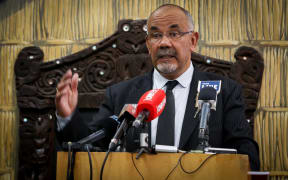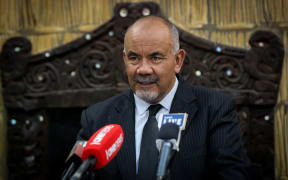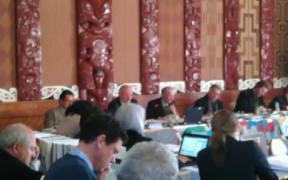The government has wrapped up a consultation process over a proposed law aimed at giving Māori more say over what to do with their communally-owned land.
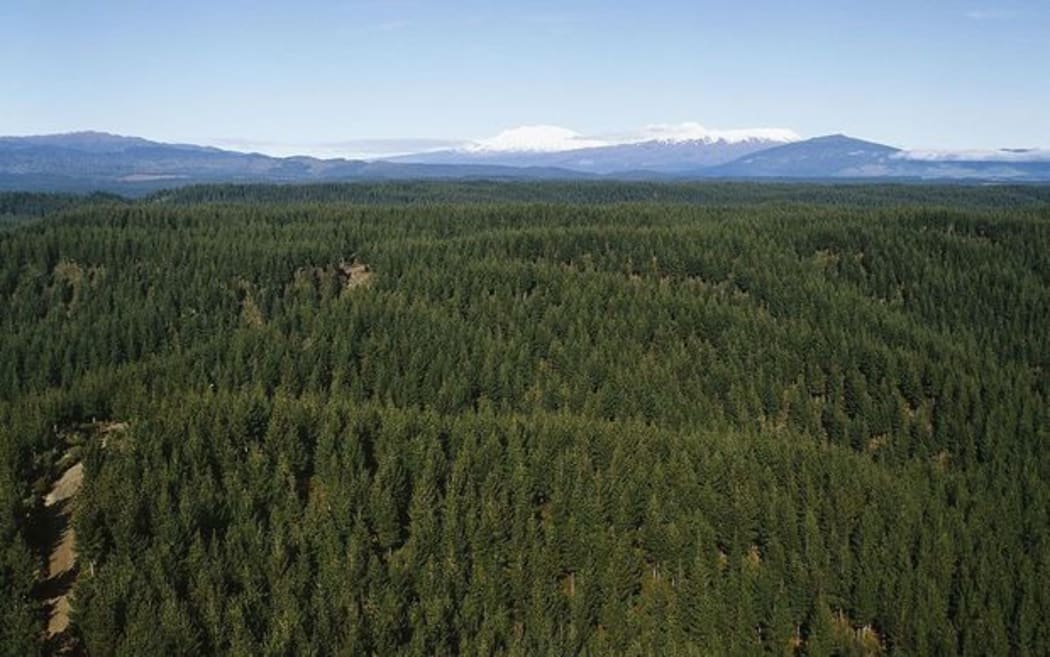
One of the five largest remaining Crown forest leases on Māori land is near Lake Taupo. Photo: SUPPLIED
Māori own 5 percent of New Zealand's land mass and much of it is underutilised and in multiple titles.
Māori believe they come from the land and land has always been a big issue, with land sparking the New Zealand Wars and Dame Whina Cooper marching the length of the country for land in 1975.
Over the past two years the Crown has been on a consultation roadshow seeking Māori land owners' views on land laws.
The law administers and protects a little over 1.4 million hectares of Aotearoa. But it's not that simple: that land is sliced up into 27,000 titles with 2.3 million owner interests - that's about 85 owners per title.
If there are to be changes to the law which protects it, the government must consult with those owners.
A bill to be introduced to Parliament is promising to make it easier for land owners to make decisions about how they wish to use their land, while placing safeguards around retaining it.
The Federation of Maori Authorities, an organisation which assists land owners to achieve greater returns, supports changes.
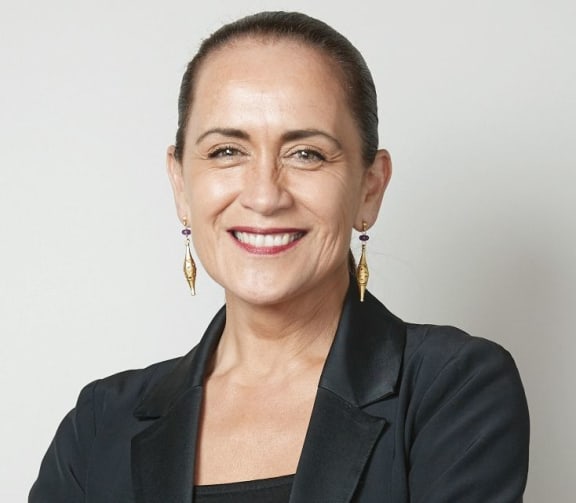
Traci Houpapa. Photo: Landcorp
Its chairman, Traci Houpapa, has led some of the consultation.
"It's very much around placing the onus of responsibility of the management and the execution of asset management in the hands of the owner and this bill allows us all to do that," she said.
But throughout the consultation hui there has been opposition, with heated discussions and accusations of misleading information on the reform consultation process.
At a Whangerei meeting, Rotorua lawyer Annette Sykes called for a number of resolutions.
"I'm asking this hui to put this resolution that any proposal to do with Māori land must entrench the Treaty of Waitangi as the basis from which Māori land will be managed."
Māori Council spokesperson Maanu Paul said the consultation process had been woeful. He said the government was eyeing up Maori land for its own benefit.
"Where is the biggest piece of land that is growing manuka? Māori land, you don't need to be a rocket scientist to work out the economics of that. Take over the Māori land and you've got yourself a bonanza."
Labour MP for Ikaroa Rawhiti Meka Whaitiri said the law in question was the single most important issue for Māori and the process was being rushed through.
"There is an economic agenda behind it, people aren't being as honest with our land owners around the urgency. I'm not anti-development, what I am about is looking after the interest, of the little bit of Māori land that our people have. A point, point, zero, zero share in it that still entitles them to have a say on that land."
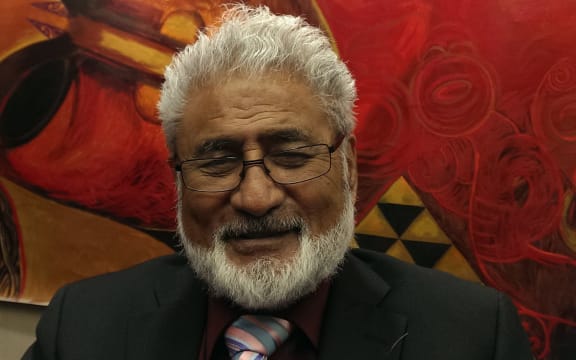
Maanu Paul Photo: RNZ / Laura Bootham
Former kiwifruit farmer Maanu Paul said Māori land owners should be wary of the consultants.
He was critical of the make-up of the government's advisory group, pointing out they were all lawyers and none were ringa rāupa or those who have worked the land.
"What you've got is a paternalistic government saying trust me Maanu, I know what is best for you and your land I'm going to change the law so that multinationals can get a hold of your land, develop it, ruin it and leave a mess for you to clean up."
Minister responds
Māori Development Minister Te Ururoa Flavell said the change was to protect Māori land owners and it would absolutely not allow people, especially foreign buyers, to buy Māori-owned land.
"We've made a huge effort to make sure that the issues around protection are nailed right down to the ground ... [With] the protection of customary ownership, from my perspective, and that's the absolute advice that I've got, is that that cannot happen."
Ms Houpapa agreed that the bill had foreign ownership safeguards.
"There continue to be protections and mechanisms for the collective decision making and agreement of our owners that will prevent foreign ownership and so that's still there."
But there's a snag: support from the Iwi Leaders Group, which represents hapū, whānau and Māori land owners is critical and it has stated it will only support the legislation after the Waitangi Tribunal had delivered its findings on the consultation process.
The tribunal's draft report, which was released earlier this month, cautioned the Crown and found it could be in breach of treaty principles if it did not ensure properly informed, broad-based support.
The final report is due in the next few days.

